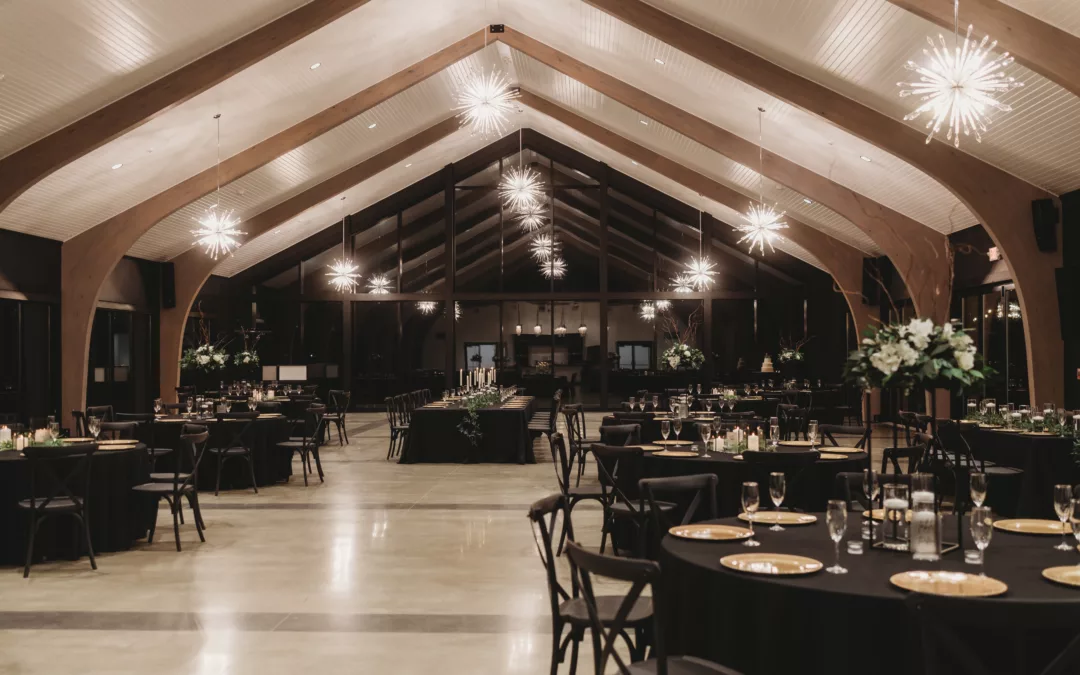The age-old question of who pays for what still has no clear-cut answer, with every couple having different preferences and traditions when it comes to their special day. Traditionally, in the past, the bride’s parents paid for the wedding, but this stemmed from ancient traditions that are no longer relevant today. Different cultures, different parts of the United States, and different generations have different expectations of who should pay for what at a wedding. While there’s no one-size fits all answer, this guide can help with a jumping off point for couples.
The Bride’s Parents
If you’re only looking at it from a tradition standpoint, the bride’s parents traditionally pay for the vast majority of the wedding expenses. This includes the cost of the ceremony and reception venue, the catering, the flowers, the music, and more. The groom’s parents may contribute financially as well, but it is not as common. Often, the groom’s parents will offer a set sum to contribute to the wedding instead of paying for individual items.
While it used to be more common, it’s less so that the Bride’s Parents should be expected to pick up the entire tab. Unless they offer, it shouldn’t be expected.
The Groom’s Parents
The groom’s parents traditionally pay for the following items for the wedding:
– The marriage license
– The officiant’s fee
– Boutonnieres and corsages for immediate family members
– The rehearsal dinner
– Breakfast the morning of the wedding
How to Decide Who Pays For What
When it comes to wedding expenses, there are a lot of traditions that dictate who pays for what. However, ultimately it is up to the bride and groom to decide who will pay for what. Here are a few things to consider when making your decision:
The bride and groom should sit down together and discuss their finances before making any decisions about who will pay for what. They should each have a clear idea of what they can afford to contribute.
It is also important to consider who is actually hosting the wedding. The host typically covers many of the costs associated with the event. If the bride’s family is hosting, they may be expected to cover more of the expenses.
Some couples choose to cover all of their own wedding expenses. This can be a good option if both families are able to contribute equally or if you simply want more control over how your money is spent.
Ultimately, there is no right or wrong answer when it comes to deciding who pays for what for your wedding. It is important to discuss your options with your fiancé and make a decision that works best for you as a couple.
Other Cost Considerations
If you’re working with a tight budget, there are a few ways to cut costs without skimping on quality or tradition. One option is to have a smaller wedding with fewer guests. This can help reduce expenses like catering costs and decor costs. Another option is to ask friends or family members to help out with specific tasks like catering or DJ-ing. Finally, don’t be afraid to negotiate with vendors – many are willing to work within your budget if you’re upfront about what you can afford.
Your wedding is a special time and can be expensive, but with proper planning it doesn’t have to break the bank. By understanding who traditionally pays for what, you can ensure that your wedding will stay within budget while still giving you the day of your dreams. Whether it’s parents paying for traditional items or you deciding to finance more modern elements, there are plenty of options available so that everyone involved in making your special day perfect can feel comfortable contributing their share towards the cost.
Schedule a tour, ask questions about Everhart’s services, or chat with us about your upcoming wedding.
